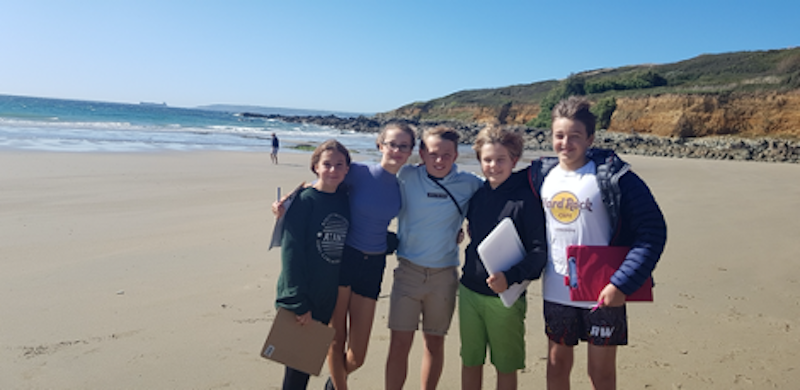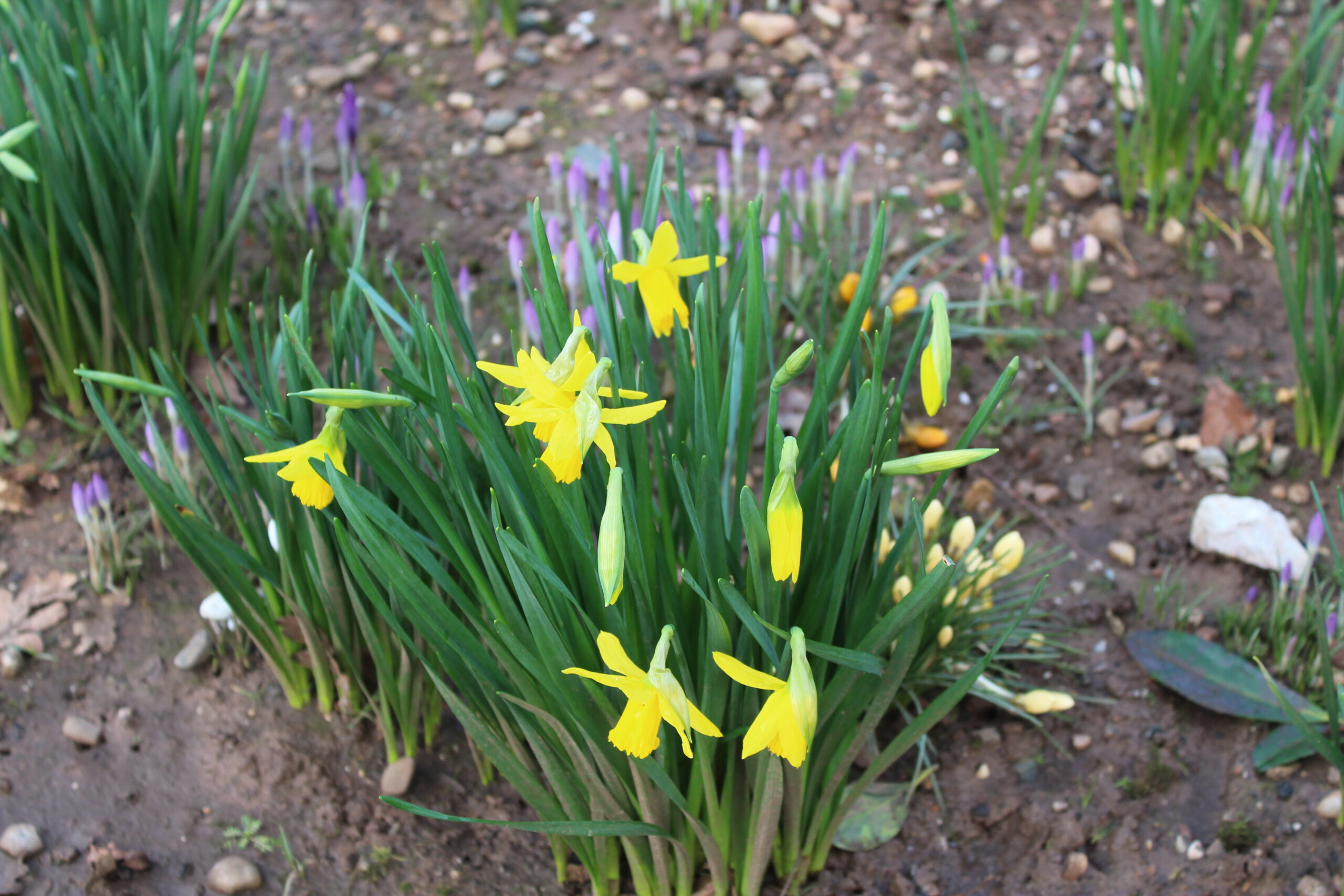Now, more than ever, more of us want to adapt our lifestyles to encompass more eco-conscious and sustainable choices. Our world would benefit from more of us making small and sustainable changes to our daily routine.

Sustainability as a Family
However, making changes as a family by choosing sustainable options can have its challenges.
Taking on too many changes can be overwhelming, especially when looking after the whole family. Therefore, any introductions must be both realistic and attainable.
Implementing small, consistent changes that we keep up throughout our lives is more beneficial. Drastic lifestyle changes can cause regression when we realise; we can’t keep them up!
Here at St Peter’s Prep, we take a look at some simple eco-friendly alternatives to introduce to family life which, if more of us try, the planet will most definitely be thankful.
Introduce Changes As Part of Rewards Systems
Before we explore small household changes for more eco-conscious living, an effective way to introduce them to the youngest members of the family is to include them in any reward systems or jobs lists that you may already have.

Plan Ahead
A fundamental way to introduce changes as a family is to plan! The more you can plan, the less likely you are to buy or waste any products or food.
Planning Meals
Planning meals can help support the reduction of food waste. Knowing exactly what you need for the week’s food shop will ensure you only buy what you need. Any food made that isn’t eaten or served can be frozen for future use instead of thrown away.
Anything that has been served should be thrown to compost and not in the bin.
Planning Shopping Excursions
Planning before you go to the shops can have many benefits. Firstly, suppose you know what you need ahead of time. In that case, you can make one single, multi-purpose trip and visit several shops instead of creating unnecessary emissions on numerous, smaller trips.
Secondly, planning shopping excursions help to make sure you bring reusable bags instead of paying for extra plastic bags at the supermarket.
You can also consider bringing your packaging or containers to the shops instead of buying pre-packaged goods where possible.
On this note, the more local produce you buy, the better it is for the environment. Where possible, try to opt for UK sourced products instead of those that are transported across the world.

Become Energy Aware
Being energy-aware is a habit that the youngest children are sure to get into with a little encouragement.
Try to work as a family and remind each other to do the following where possible:
• Turning off lights when leaving rooms.
• Unplugging and turning off any un-used appliances.
• Regularly clean appliances for a longer life.
• Swapping old light bulbs for energy-efficient ones.
• Hanging your washing to dry outside on sunny days instead of using a dryer.
Create Your Own Cloths
Instead of buying kitchen towels and paper for cleaning purposes, try creating your own cloths out of old t-shirt and towels. Simply cut them into small squares or rectangles to use as little cleaning cloths!
Switch to Bar Shampoo
You may already be considering bars of soap instead of bottles of liquid soap. However, did you know you can also buy bars of shampoo too? Reduce your disposable plastic even more and switch to bars of shampoo!

Give Experiences for Presents
Sometimes we don’t need any more material items in our house! If this year someone is covered for material items, perhaps consider presents which provide experiences as opposed to physical gifts.
Children love spending time with their loved ones, and the memories you can make together as a family will be with them forever.
Take Old Clothes to Charity Shops
One that is especially useful as your children start to grow out of old clothes and toys is to either give them to charity shops or clothes banks.
Any old items that no longer have a purpose in your home should be donated instead of thrown away.
Giving to charity shops is not only better for the environment, but also helps other people too, which sets an excellent example for children.
Create a Small Garden
This is a lovely activity to complete as a family. Growing a little vegetable patch where you can is an exciting venture which children will love as they get to witness the progress of their efforts. If you don’t have much outdoor space, window boxes are another great option!

Consider Your Driving
Some tips to promote more eco-conscious driving include:
• Checking tyre pressures before long journeys.
• Trying not to overload the car.
• The removal of any unused items and accessories on your car, such as roof racks and boxes.
• Opening windows instead of using the air con when driving less than 40mph.
• Gently braking and accelerating as opposed to doing this quickly because this increases fuel consumption.
Which eco-conscious choices do you make as a family? We would love to know! Why not share your ideas with us on our social media channels?
St Peter’s Prep is a private school dedicated to providing our pupils with the necessary skills and awareness that will equip them throughout their lives.
For more information on our educational prospects, including our opportunities as a flexi boarding school, please call Rachel Elliott, Director of Admissions & Marketing, on 01395 280335 or email rachel.elliott@stpetersprepschool.co.uk.









